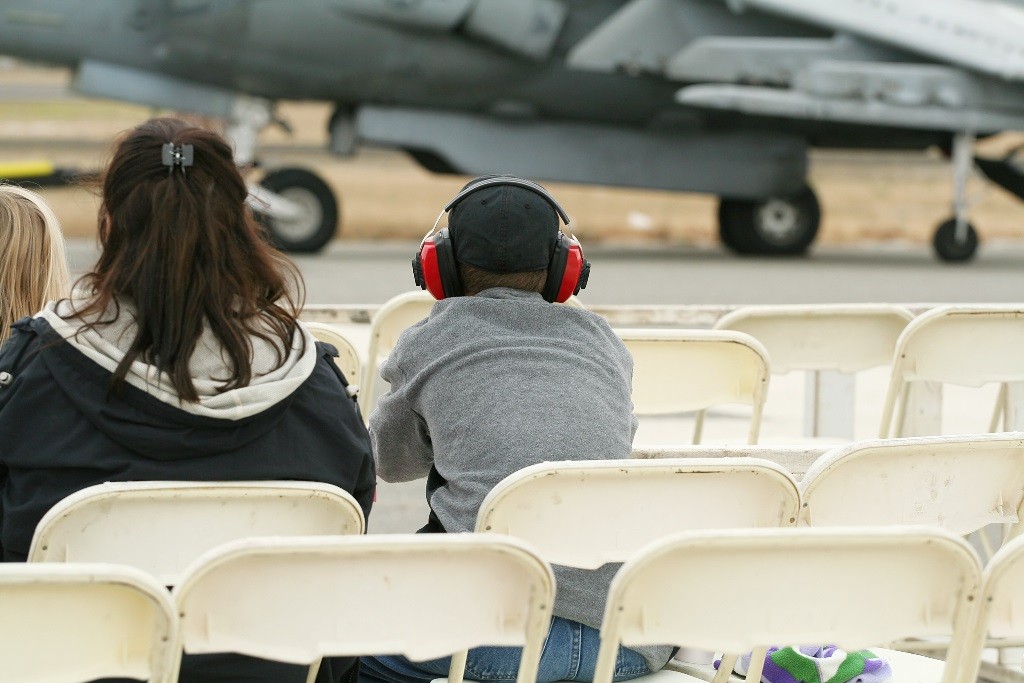We all want to keep our children as safe and healthy as possible. We teach them good eating habits, to brush their teeth twice a day, and to apply sunscreen whenever they are going to be out in the sun. But we don’t often worry about hearing loss, thinking it is a problem for the old, not the young. Well, unfortunately, this is no longer true, with 20% of teens now reporting some degree of hearing loss. You can read a 2010 research study about this here.
The culprit is likely exposure to loud noise and the ubiquitous use of ear buds for listening to music. Our children are exposed to loud sounds everyday. A few years ago, I clocked the noise level at my daughter’s elementary school at 90-100 decibels, well above the 85-decibel threshold that is considered safe. A year later, my son’s school cafeteria measured 85-90 decibels. Daily exposure can take its toll.
Listening to music with ear buds on an iPod or similar device can also be dangerous. Maximum volumes often exceed the 85-decibel danger threshold, and when listening in the car or on a plane, background noise causes us to raise the volume to unsafe levels, just to hear the music.
What are the facts? Prolonged exposure to any noise at or above 85 decibels can cause gradual hearing loss. At 105 decibels, the maximum volume of an iPod, some hearing loss can occur within 15 minutes. At 110 decibels, the level of a rock concert or loud sporting event, damage can occur after one minute.
There is no cure for hearing loss, so when your hearing is damaged, it is gone. The good news is that noise-induced hearing loss is 100% preventable. Follow these steps to protect your children and yourselves.
1. Listen to Music at Safe Volumes: Use volume-limiting headphones to prevent unintentional exposure to above threshold volumes. You can also try noise-cancelling headphones that block background noise so that music can be enjoyed at lower volumes.
2. Wear Earplugs: Teach your children to wear earplugs at concerts, sporting events or other loud activities. Earplugs are easily carried in your backpack or purse along with your supply of Band Aids and Neosporin. Bring extras to share with friends and for yourself.
3. Distance Yourself From Loud Noise: The farther you are from noise, the safer it is. Choose seats far away from speakers and if you encounter loud noise unexpectedly, move away from it as quickly as you can. Decibel reader apps for your phone are an easy way to measure how loud a sound is.
It is never too soon to learn healthy habits. I recommend teaching children about hearing loss prevention in early elementary school when children are most open to adult advice and are still in the midst of developing their self-care habits.
Want more information? Visit noisyplanet.nidcd.nih.gov, a website run by the National Institutes of Health or my blog LivingWithHearingLoss.com.
